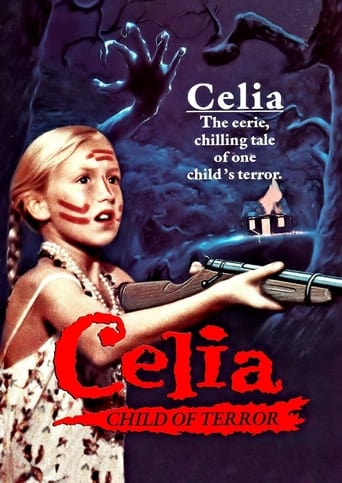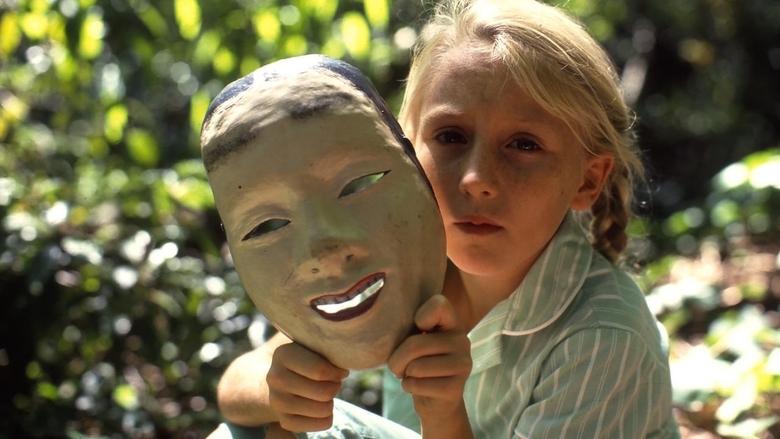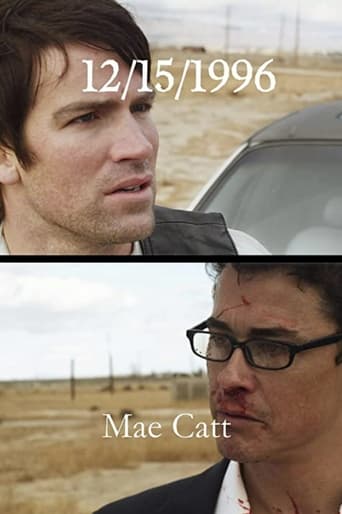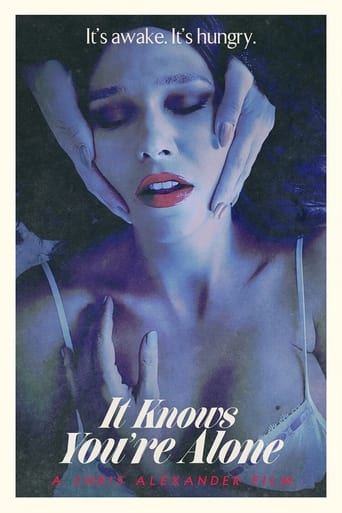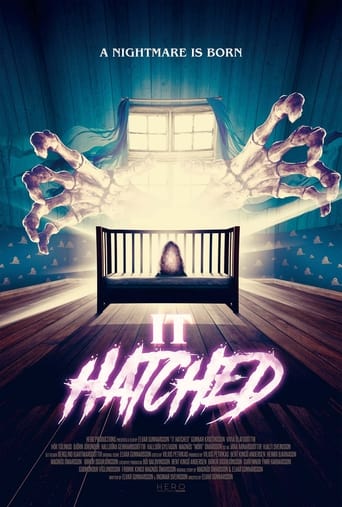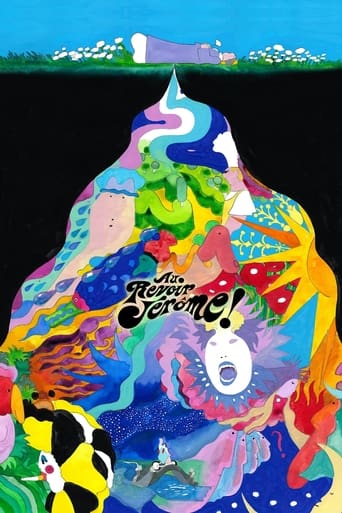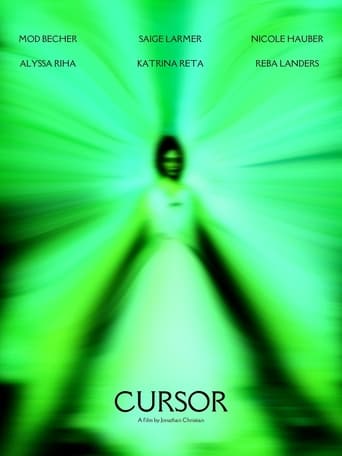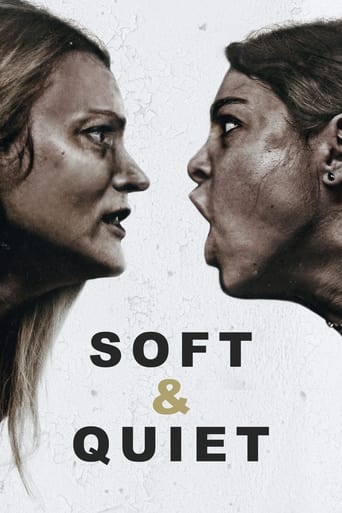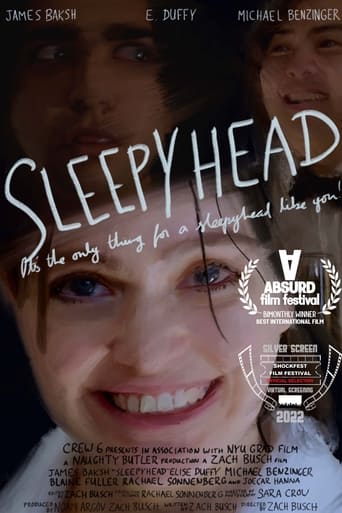Celia (1989)
An imaginative and somewhat disturbed young girl fantasizes about evil creatures and other oddities to mask her insecurities while growing up in rural Australia.
Watch Trailer
Free Trial Channels
Cast


Similar titles
Reviews
A movie that not only functions as a solid scarefest but a razor-sharp satire.
The movie is made so realistic it has a lot of that WoW feeling at the right moments and never tooo over the top. the suspense is done so well and the emotion is felt. Very well put together with the music and all.
Let me be very fair here, this is not the best movie in my opinion. But, this movie is fun, it has purpose and is very enjoyable to watch.
This is a dark and sometimes deeply uncomfortable drama
This film made me uneasy. It's so real, so true to life, so light and so heavy, understated and over the top. It captures all the wild uneasiness and expression and off-center humanity of childhood, and makes it breathless and fully alive. It takes you all over the place. There's so many things going on, so many events and strange sights and sounds. The kids are swept along through some kind of strange journey, a backward and breathless running through life. This is not a horror film, or even a fantasy. It is a straightforward drama, that not only captures real life but delves deep into the sort of confused reality of imagination that children so often confuse with everything else.This film made me uncomfortable. At times, it's alive and pure and safe and quiet. At other times, it's brash and explosive and emotionally uneasy. In the end, it's dark and deeply disturbed. You don't see it coming, but in a way, the ending colors everything that's come before. It's the believability that makes it so strange, so hard.Rebecca Smart plays Celia. She shows a range of character that totally beyond expectation. She's confident, scared, awake, aware, confused. It takes a lot of time to understand all the complexities at work in her. Celia makes no sense, or maybe all too much. In the end, she becomes a more complete person. One who will live with things most of us could hardly even imagine.Geoffrey Simpson's cinematography is totally realist. There's no strange photography, no experimentation. It's filmed like a regular story, without exaggeration. And it's all the better for it. This film's writer/director Ann Turner (who's done little else of note), creates a strange and powerful story with her understanding of character. She pushes through all of her strangest, most uneasy ideas without ever making you feel like you're not seeing real lives. Chris Neal creates some strongly effective music. It is at once timeless and perfectly fitting. It sounds little like any movie music I'd previously heard, but quite exactly fitting to the images. Otherworldly without feeling out of place."Celia" is not an average film. It sees and expresses things in a way utterly like any other in the history of film. It has no peers in this sense, and that alone makes it one of the most powerful cinematic experiences I've ever had. But the nature in how it grafts darkness to light, fear to joy, is disconcerting. If you still remember childhood, you can find yourself in the scenes of "Celia". This is not sensationalism. This is one little girl's precarious existence.
In summer, 2003, I took a class about Australian cinema. We watched films like "Walkabout", "Gallipoli" and "Rabbit-Proof Fence"; it might have thrown a wrench in the works had we watched "Celia". At the video/DVD store, I found it under the horror section, but it's only a horror flick in the loosest terms. The movie deals with a nine-year-old girl (Rebecca Smart) in 1950s Australia whose amorality and alienation from society drive her to complete madness; I think that that was the plot. Certainly it's ugly what Celia does, but seeing what the adults around her are like, I felt that I had no choice except to root for Celia.The historical context involves the Cold War and the government's efforts to stop the rabbit infestation. As people tell Celia not to fraternize with children of communists, she grows more and more disenchanted with the world around her - after all, friends are supposed to be friends no matter what the parents' political activity. But when a cop takes away her pet rabbit, she really gets nasty (it also shows that the rabbit-proof fence that lent its name to the 2002 movie clearly didn't work in holding back the leporid plague).So how to interpret this movie? It looks at face value like one of the many instances of a seemingly cute girl having a not so cute side (think "The Bad Seed"). One might say that the rabbits play a role similar to the ones in "Night of the Lepus" and "Donnie Darko", even though Celia's rabbit doesn't do anything. I guess that it's worth seeing, if only once.
Firstly, this story is set in Victoria - not South Australia - as can be demonstrated from the name of the state Premier, Sir Henry Bolte. Next, the children aren't playing in a desert, but rather the local abandoned industrial sandpit. It is her dead grandmother who had been a communist rather than her parents who are opposed and working hard at cutting all ties - including burning gran's library and banning Celia from playing with the kids of their 'Commie' new neighbours.The rather bizarre choice of storybook read to the class by their teacher and which has Celia enthralled by its demonic 'hobbyars' is "A Sweet Obscurity" by Patrick Gale. Ultimately, her confusion between her terrified obsession with these monsters of the dark and the real world in which she must do battle with the "Powers That Be" trying to oppress, corrupt and destroy everything she loves - her memories of her communist grandmother, her friends next door, her pet rabbit, Murgatroyd - lead to her own mini-revolution and act of murder and the equally riveting scene where she terrorises the only witness (a weak-willed playmate) into lifelong silence.The story is in many respects so 'strange' as to seem based in reality - almost as if the author is making a confession about a crime in childish innocence committed as Celia. I don't know that I wanted the story to end in any way on a light-hearted note. The tragedy seemed likely to leave a lasting hole in several lives - unlikely to be reparable by a kiss or a hug.I recently found this movie as a throw-out sale item at the video store and it rekindled memories of when I'd first seen it on TV. Unfortunately, the name is not memorable - a flaw the producers should be warned of with any film the fans are likely to seek out. I had only vaguely remembered the 'hobbyars' as 'blue meanies' as in the Beatles film 'Yellow Submarine' - which wasn't much help for a search. It is not likely to be a widely available film even in Australia and if you have a copy, then you're lucky.
It is with a heavy heart that I note Celia, possibly my favourite film, is now being marketed with a tacky subtitle. This film is comparable to Jane Campion's work and is anything but a straight horror film, with a subtle characterisation and a compassionate yet unsentimental picture of childhood not generally associated with that genre. The narrative viewpoint is well sustained, with the grownup world of barbecues, blacklists, and affairs observed from a child's angle. The horror in question is in Celia's imagination, which, like that of all children, plays out the stresses of her own family and her culture. Various plagues - literal and metaphoric - impinge on her world, from myxomatosis to communism. Fans of blood and gore will be disappointed. The film is an unhurried portrait of 50s Australia, the pressure to conform, childhood, death. Its climax is sharp and bloody but logical; as is the lightness of the ending. As a touchstone, think of the daughter in the Piano, with her outrageous storybook lies, her spontaneity, her hurt rebellion, and her ultimate childishness. Just don't think Carrie. This is gem of a film, and let's face it, Hollywood churns out a lot of disappointing ones. As soon as you see the opening titles with Rebecca Smart's expressive face glancing all around her, while the theme music plays, you'll realise you're in the hands of a very talented director.

